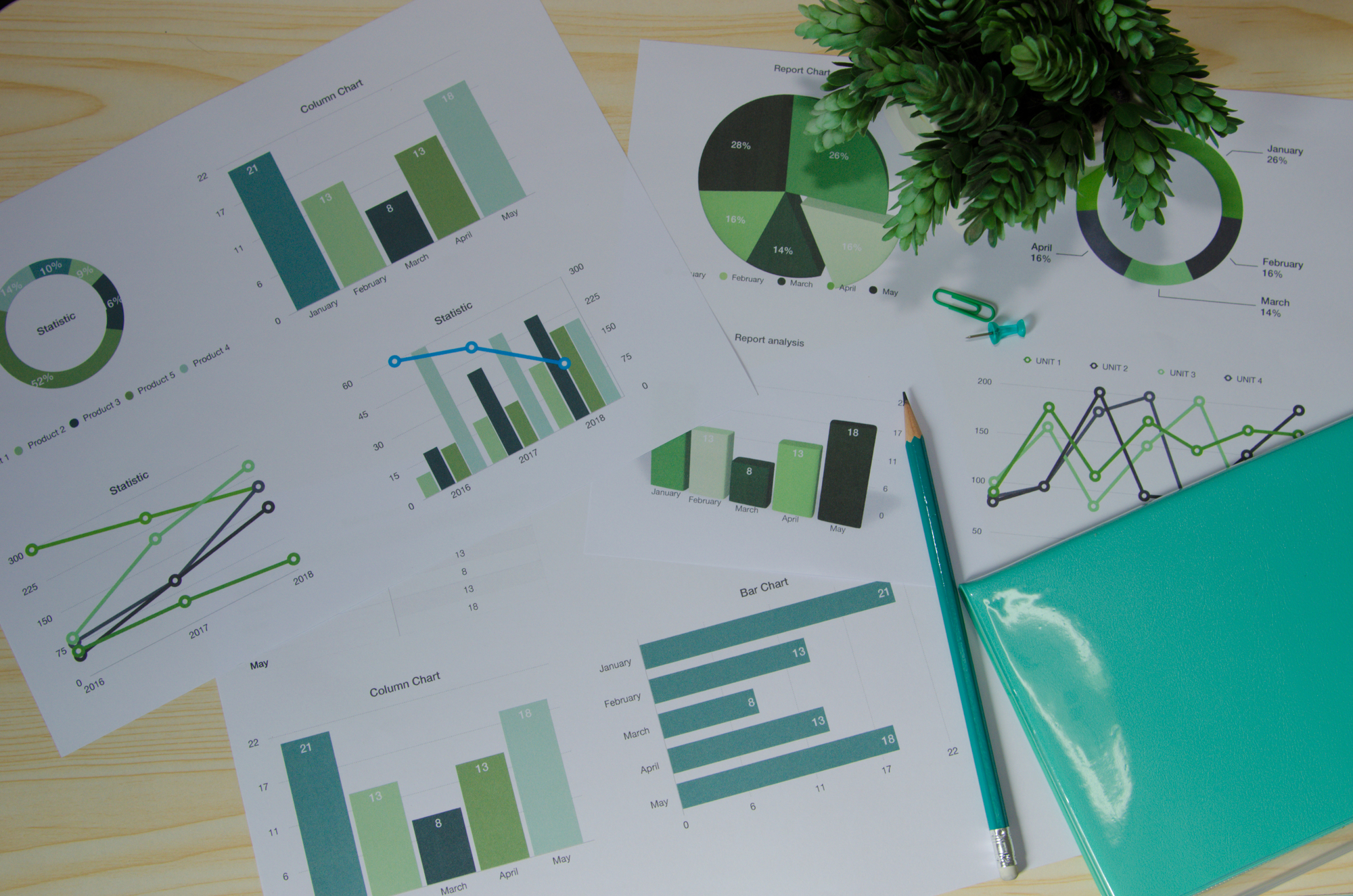
In recent years, Socially Responsible Investing (SRI) has gained significant traction among investors who seek to align their financial goals with their personal values. SRI involves choosing investments based on ethical, social, and environmental criteria in addition to traditional financial metrics.
As more investors prioritize sustainability, the market for SRI funds continues to expand. However, selecting the right SRI fund is crucial to ensure that investments not only reflect one’s values, but also deliver competitive returns.
This post will explore the top SRI funds to consider for 2024 based on specific criteria.
Understanding SRI Funds
Socially Responsible Investment (SRI) funds are investment vehicles that integrate environmental, social, and governance (ESG) factors into their investment processes. These funds aim to generate long-term competitive financial returns while promoting positive societal impact.1
Common Screening Criteria
SRI funds typically employ various screening methods to select their investments. These include:
- Environmental Factors: Assessing a company’s environmental impact, including its carbon footprint, waste managment, and resource efficiency.
- Social Factors: Evaluating how a company manages relationships with employees, suppliers, customers, and the communities where it operates.
- Governance Factors: Reviewing the governance structures in place, including board diversity, executive compensation, and shareholder rights.
Benefits of Investing in SRI Funds
Investing in SRI funds offers several advantages:
- Alignment with Personal Values: Investors can support companies that reflect their ethical beliefs and contribute to societal well-being.
- Potential for Competative Returns: Many SRI funds have demonstrated strong financial performance, challenging the notion that socially responsible investments underperform.
- Risk Management: Companies with robust ESG practices often exhibit better risk management and operational efficiency, which can lead to more stable returns.
Criteria for Selecting Top SRI Funds
Performance Metrics
When evaluating SRI funds, consider the following performance metrics:
- Returns: Historical and expected future returns are crucial to assess the fund’s financial viability.
- Risk: Understanding the fund’s risk profile, including volatility and downside protection, is essential.
- Fees: Expense ratios and other associated costs can significantly impact net returns.
Sustainability Ratings and Certifications
Look for funds with high sustainability ratings from reputable agencies. Certifications from organizations like the Global Reporting Initiative (GRI) or the principles for Responsible Investment (PRI) can also indicate a fund’s commitment to ESG principles.2
Fund Management Experience and Philosophy
The expertise and philosophy of the fund managers play a critical role in the fund’s success. Assess the management team’s experience in SRI and their approach to integrating ESG factors into their investment decisions.
Portfolio Diversification and Asset Allocation
A well-diversified portfolio across different asset classes (stocks, bonds, etc.) and sectors can help mitigate risk and enhance returns.3
Evaluate the fund’s asset allocation strategy to ensure it aligns with your investment objectives.
Top SRI Funds for 2024
Here are some of the top SRI funds to consider in 2024 across different asset classes.
- Fund Overview: Focuses on large-cap stocks with strong ESG practices.
- Investment Strategy: Utilizes a combination of positive screening and active engagement with companies.
- Sustainability Ratings: Rated AA by MSCI ESG Ratings.
- Performance Metrics: 5-year annualized returns of 10%, expense ration of 0.75%.
- Pros: Strong performance, experienced management team.
- Cons: Higher fees compared to peers. 4
- Fund Overview: Invests in green bonds issues by governments and corporations.
- Investment Strategy: Focuses on projects that promate environmental sustainability.
- Sustainability Ratings: Certified by the Climate Bonds Initiative.
- Performance Metrics: 3-year annualized returns of 4%, expense ratio of 0.50%.
- Pros: Low volatility, supports green initiatives.
- Cons: Lower returns when compared to equity funds.5
- Fund Overview: Targets companies with positive social impact, particularly in healthcare and education sectors.
- Investment Strategy: Emphasizes companies with strong social governance practices.
- Sustainability Ratings: Rated A by Sustainalytics.
- Performance Metrics: 5-year annualized return of 7%, expense ratio of 0.65%.
- Pros: Focus on high-impact sectors, balanced portfolio.
- Cons: Moderate returns, sector-specific risks.6
Evaluating SRI Fund Performance
Regularly reviewing the performance of your SRI funds is essential to ensure they continue to meet your financial and ethical objectives.
Metrics to Consider
- Benchmark Comparisons: Compare the fund’s performance to relevant benchmarks to gauge its relative success.
- Risk-adjusted returns: Metrics like the Sharpe ratio can help assess the fund’s returns relative to its risk.
Strategies for Portfolio Rebalancing and Diversification
Periodic rebalancing of your portfolio can help maintain your desired asset allocation and risk profile. Consider diversifying across different SRI funds and asset classes to spread risk and capitalize on various market opportunities.
Selecting the right SRI funds involves careful consideration of performance metrics, sustainability ratings, management expertise, and diversification strategies.
By conducting thorough research and seeking professional guidance, investors can find SRI funds that align with their values and financial goals. For personalized SRI fund recommendations, please don’t hesitate to reach out to our team.
Sources:
- https://www.investopedia.com/terms/s/sri.asp
- https://www.globalreporting.org/
- https://www.investopedia.com/terms/d/diversification.asp
- https://investor.vanguard.com/investment-products/mutual-funds/profile/vftax
- https://www.ishares.com/us/products/239726/ishares-global-green-bond-tfhttps://finance.yahoo.com/quote/TICRX/?guccounter=
- https://finance.yahoo.com/quote/TICRX/

Meris Collier, CFP®
COLLIER, Sustainable Wealth Management
1833 N 105th Street #101
Seattle, WA 98133
(206)805-1770
COLLIER, Sustainable Wealth Management (“Collier”) is a dba of Axxcess Wealth Management, LLC (“AWM”), a SEC registered investment advisor.
Collier and AWM do not accept trading or money movement instructions via email.
AWM often communicates with its clients and prospective clients through electronic mail (“email”), short message service (“SMS”), and other electronic means. Your privacy and security are very important to us. AWM makes every effort to ensure that electronic communications do not contain sensitive information. We remind our clients and others not to send AWM private information over email. If you have sensitive data to deliver, we can provide secure means for such delivery.
The information provided is for educational and informational purposes only and does not constitute investment advice and it should not be relied on as such. It should not be considered a solicitation to buy or an offer to sell a security. It does not take into account any investor’s particular investment objectives, strategies, tax status or investment horizon. You should consult your attorney or tax advisor.
All information has been obtained from sources believed to be reliable, but its accuracy is not guaranteed. There is no representation or warranty as to the current accuracy, reliability or completeness of, nor liability for, decisions based on such information and it should not be relied on as such.
Investing involves risk, including the potential loss of principal. No investment strategy can guarantee a profit or protect against loss in periods of declining values.
When an investment process considers environmental, social, and governance factors (“ESG”), the advisor may choose to avoid investments that might otherwise be considered or sell investments due to changes in ESG risk factors as part of the overall investment decision process. The use of environmental, social, and governance factors may impact investment exposure to issuers, industries, sectors, and countries, potentially resulting in higher or lower returns than a similar investment strategy without such screens.
This material is presented solely for informational purposes, and nothing herein constitutes investment, legal, accounting, or tax advice, or a recommendation or solicitation to buy, sell or hold a security. No recommendation or advice is being given as to whether any investment or strategy is suitable for a particular investor. Investing entails risks, including possible loss of principal. This document should not be construed as a recommendation to purchase or sell any particular securities. Market conditions can vary widely over time and can result in a loss of portfolio value.
Opinions expressed are subject to change without notice and are not intended as investment advice or to predict future performance.
